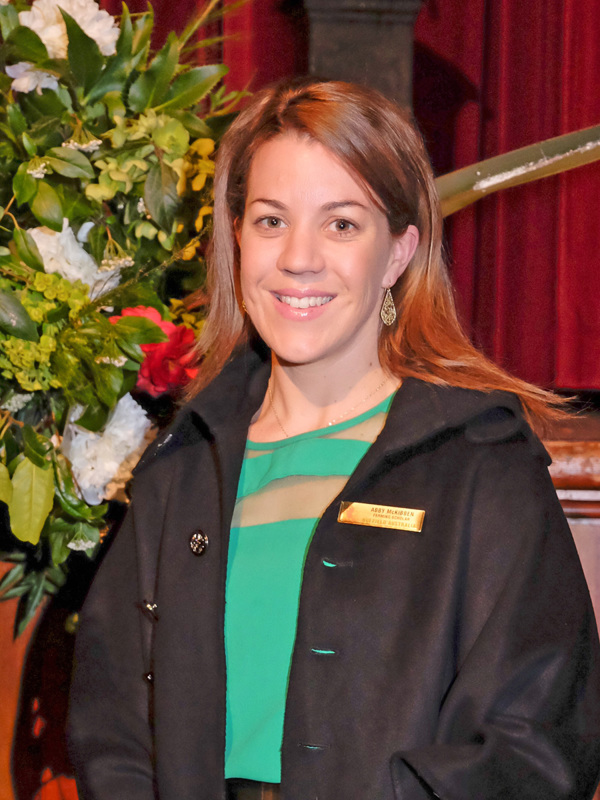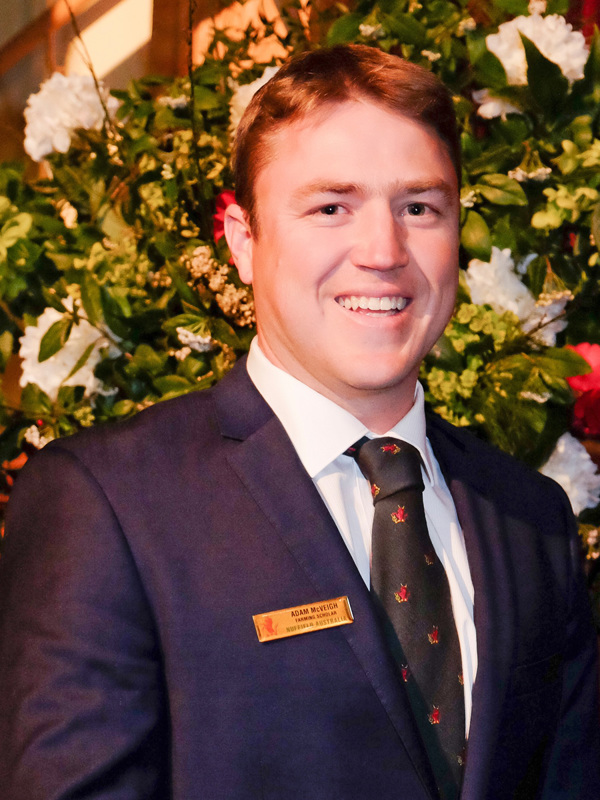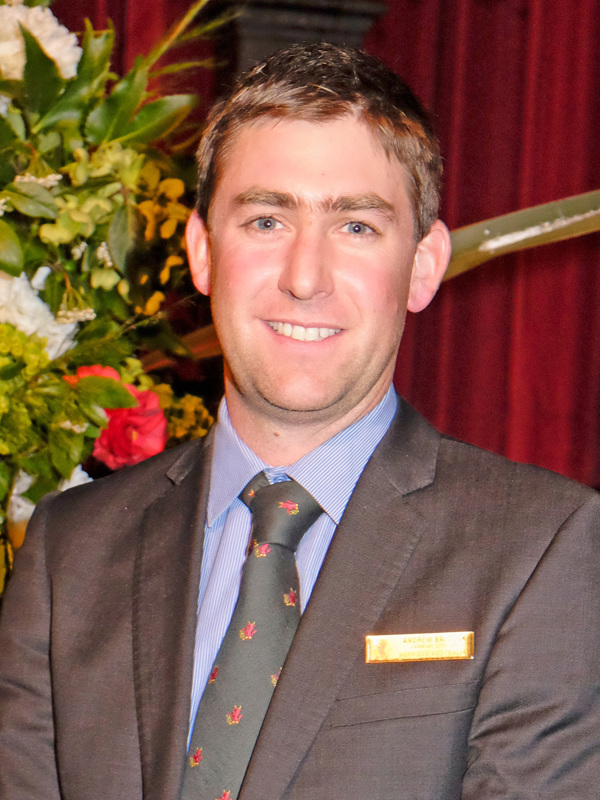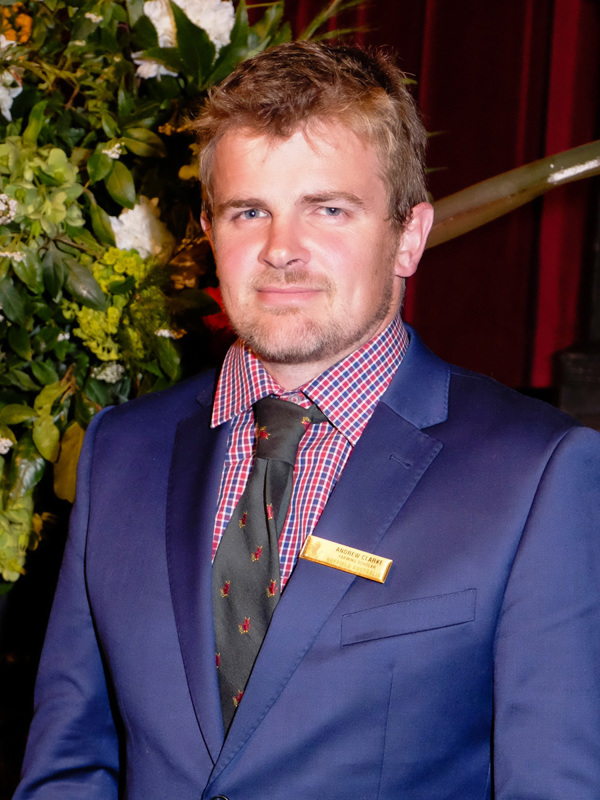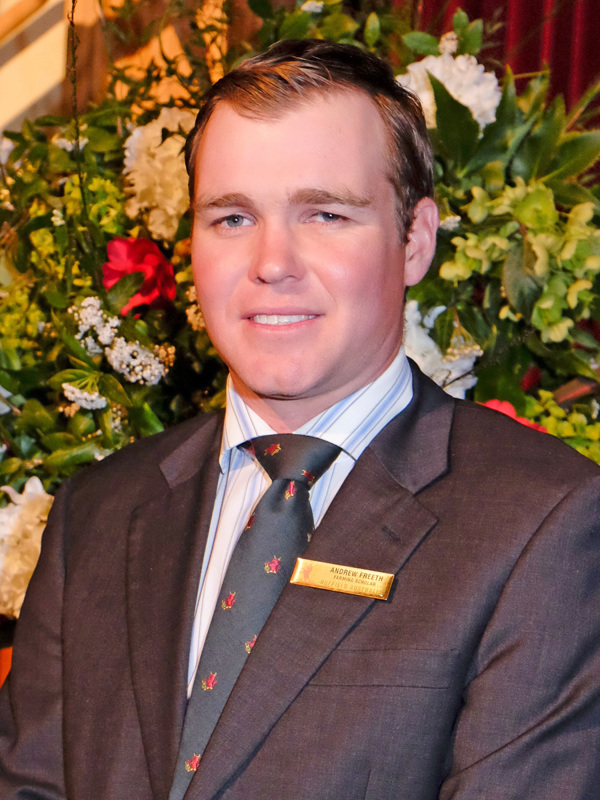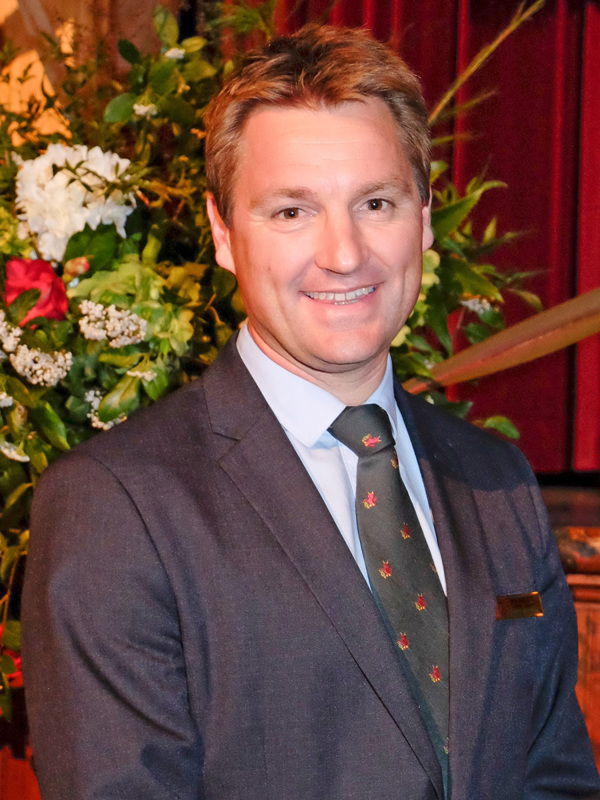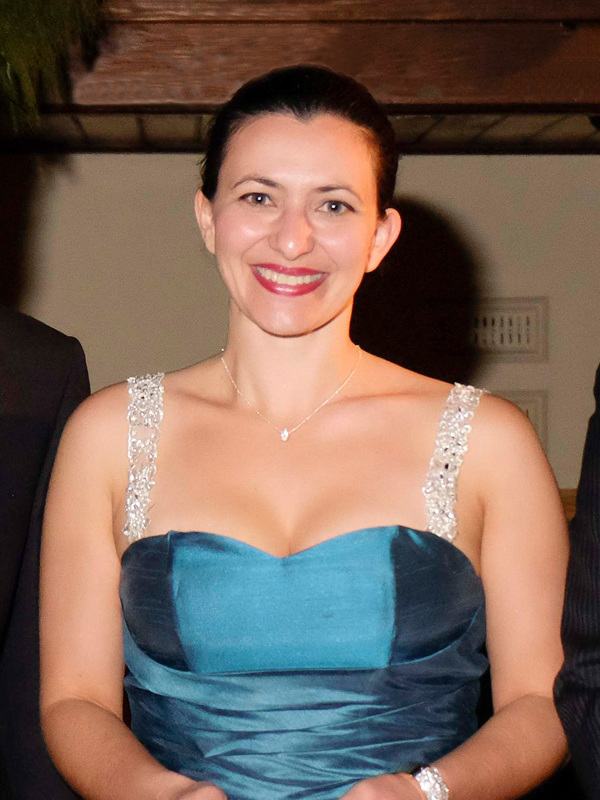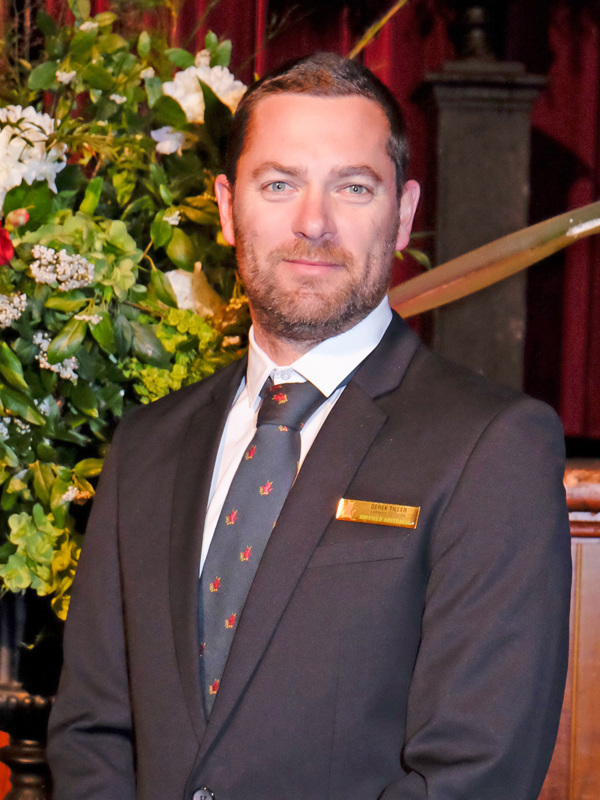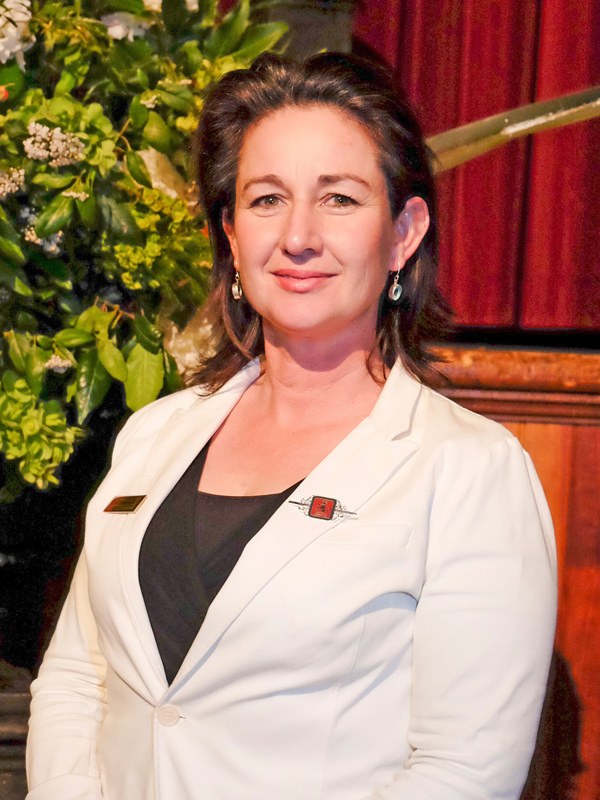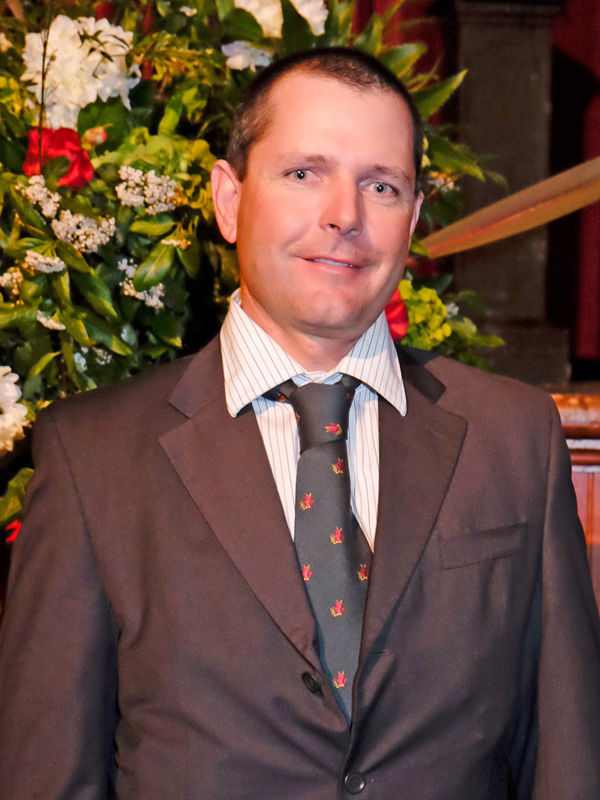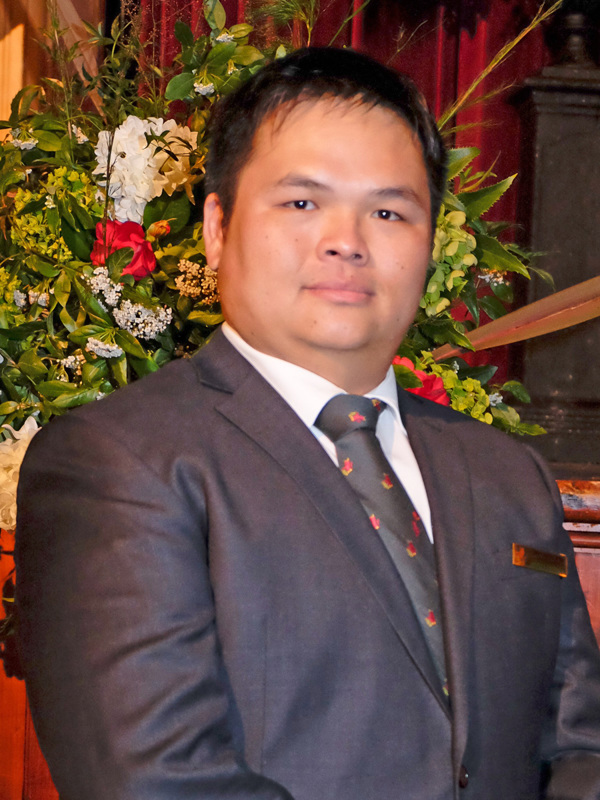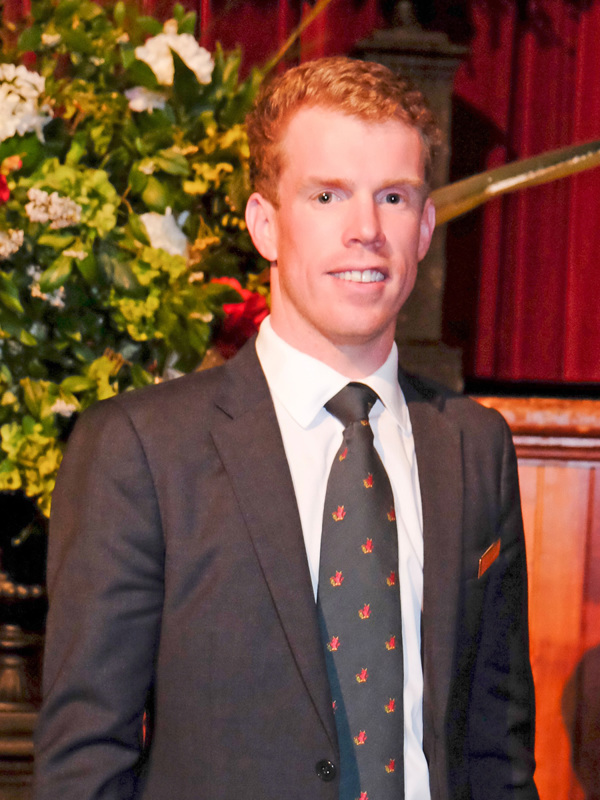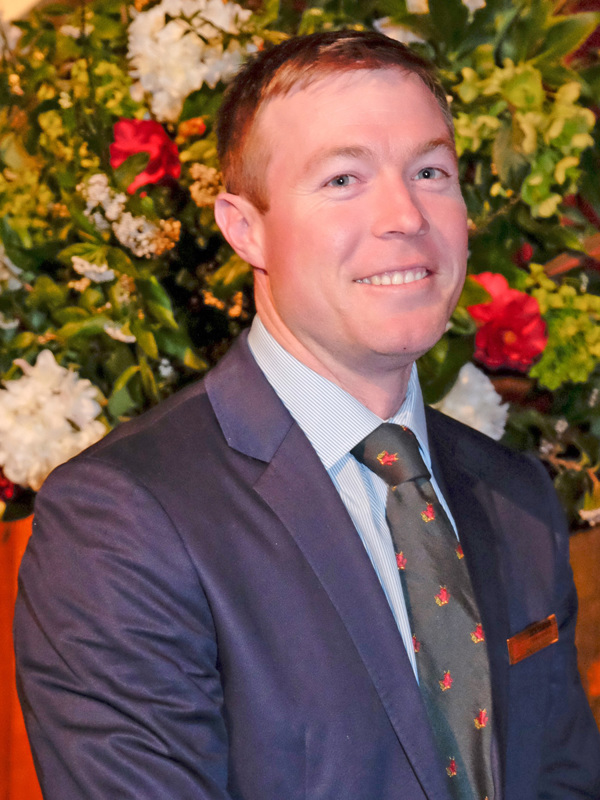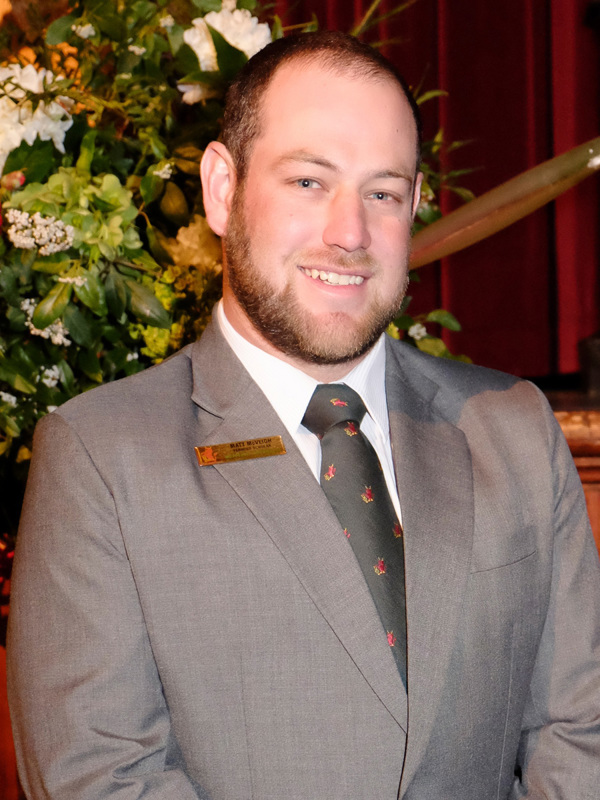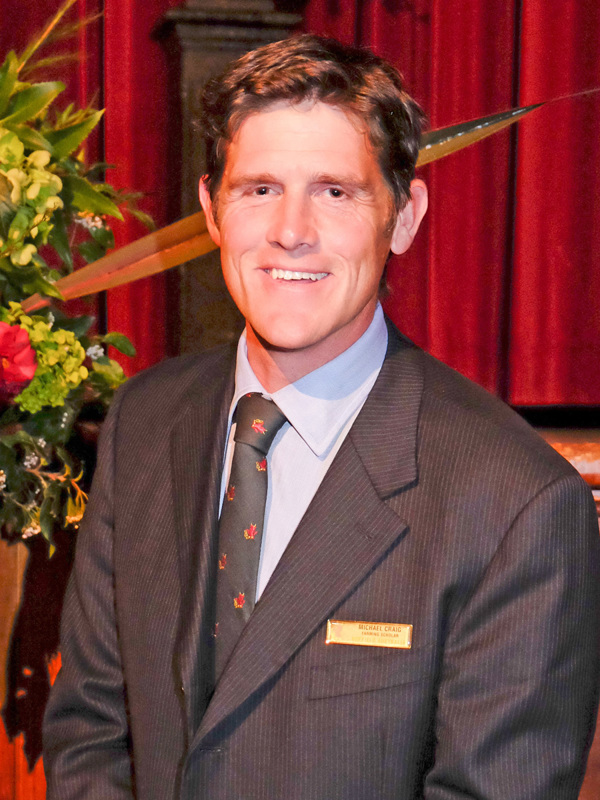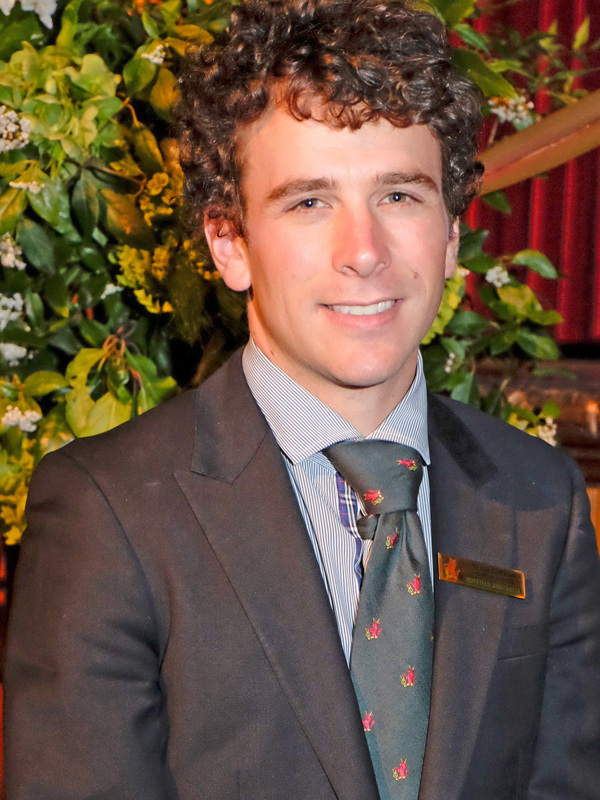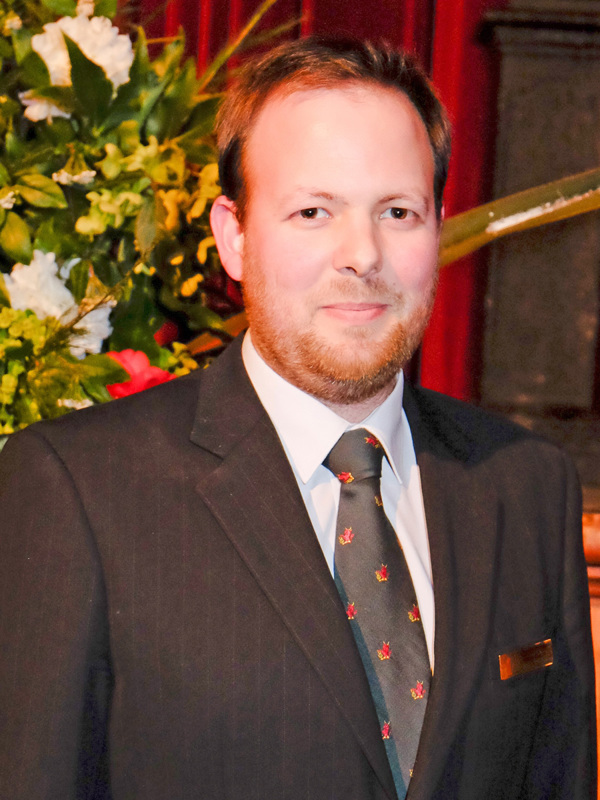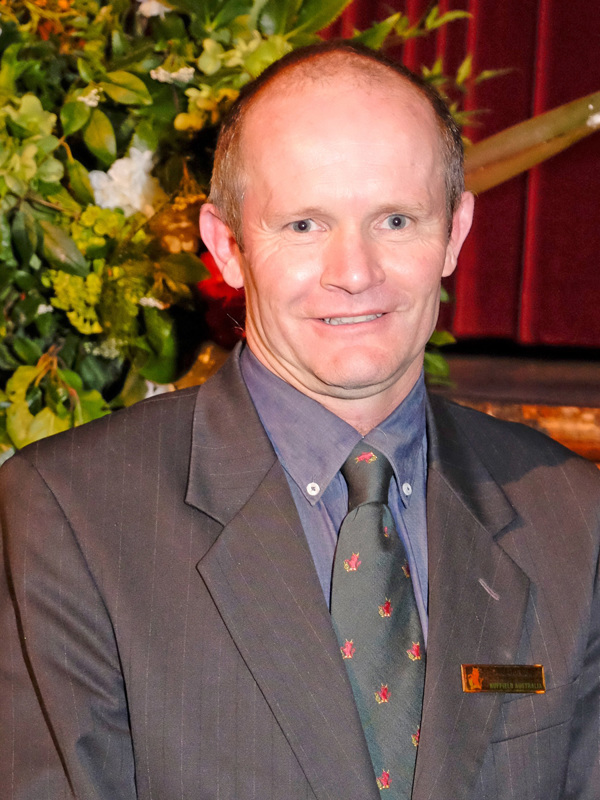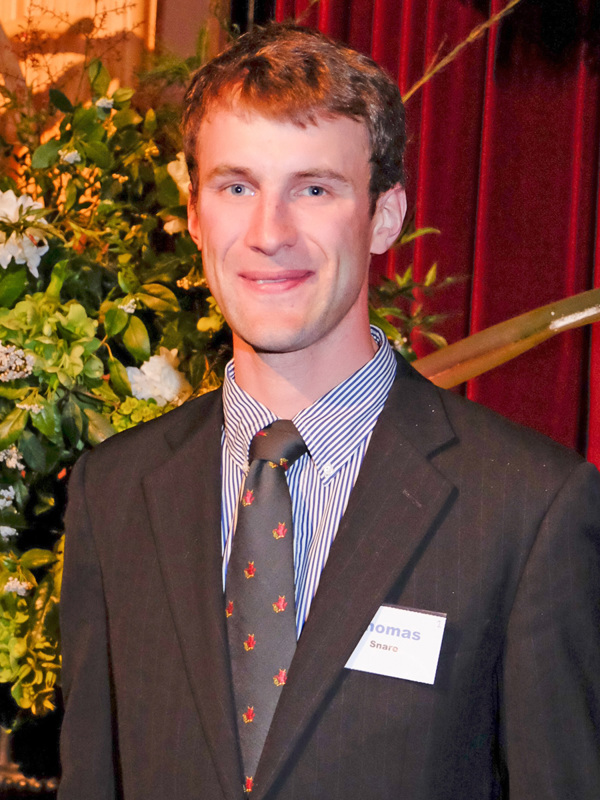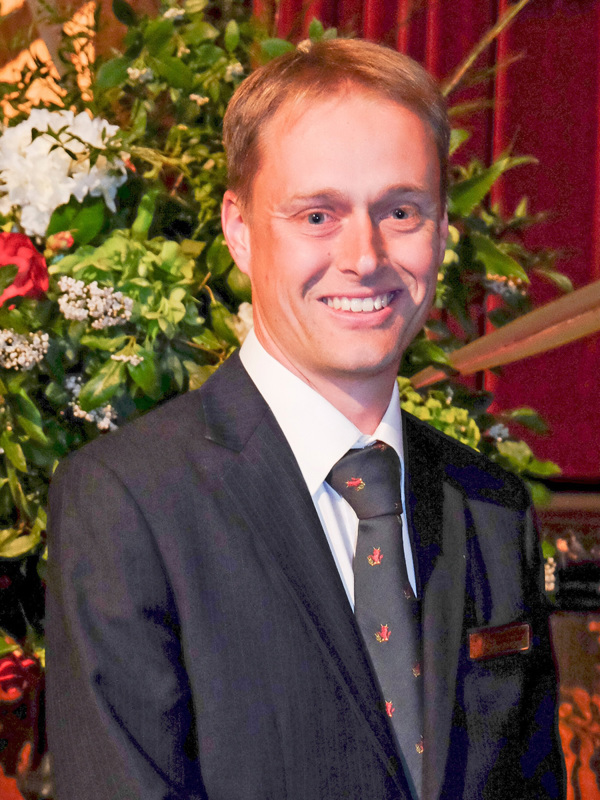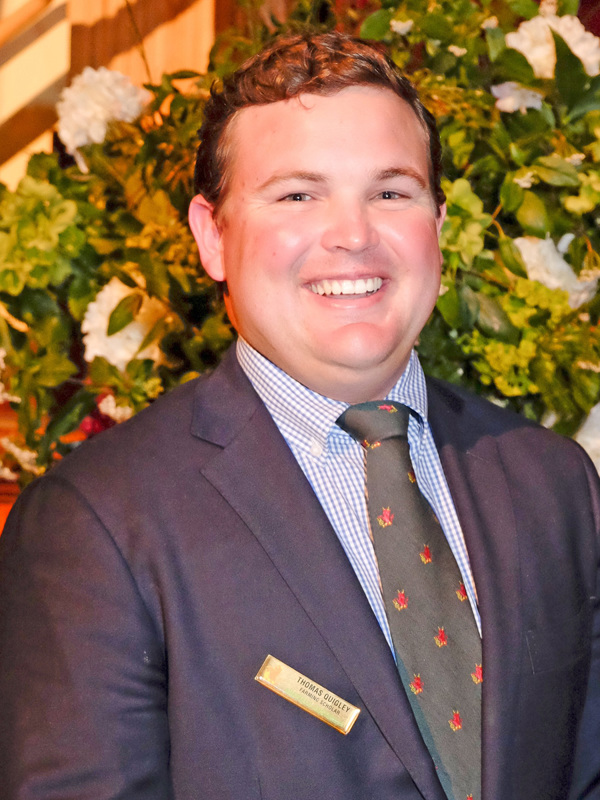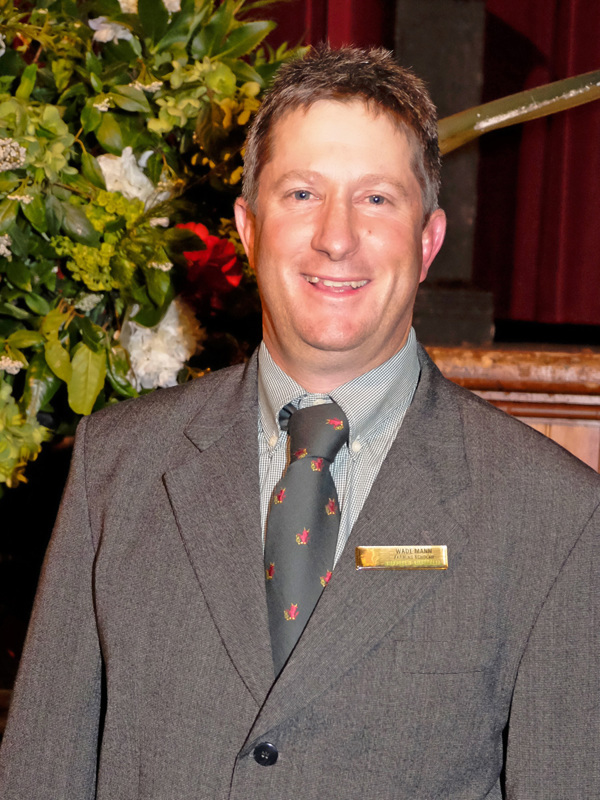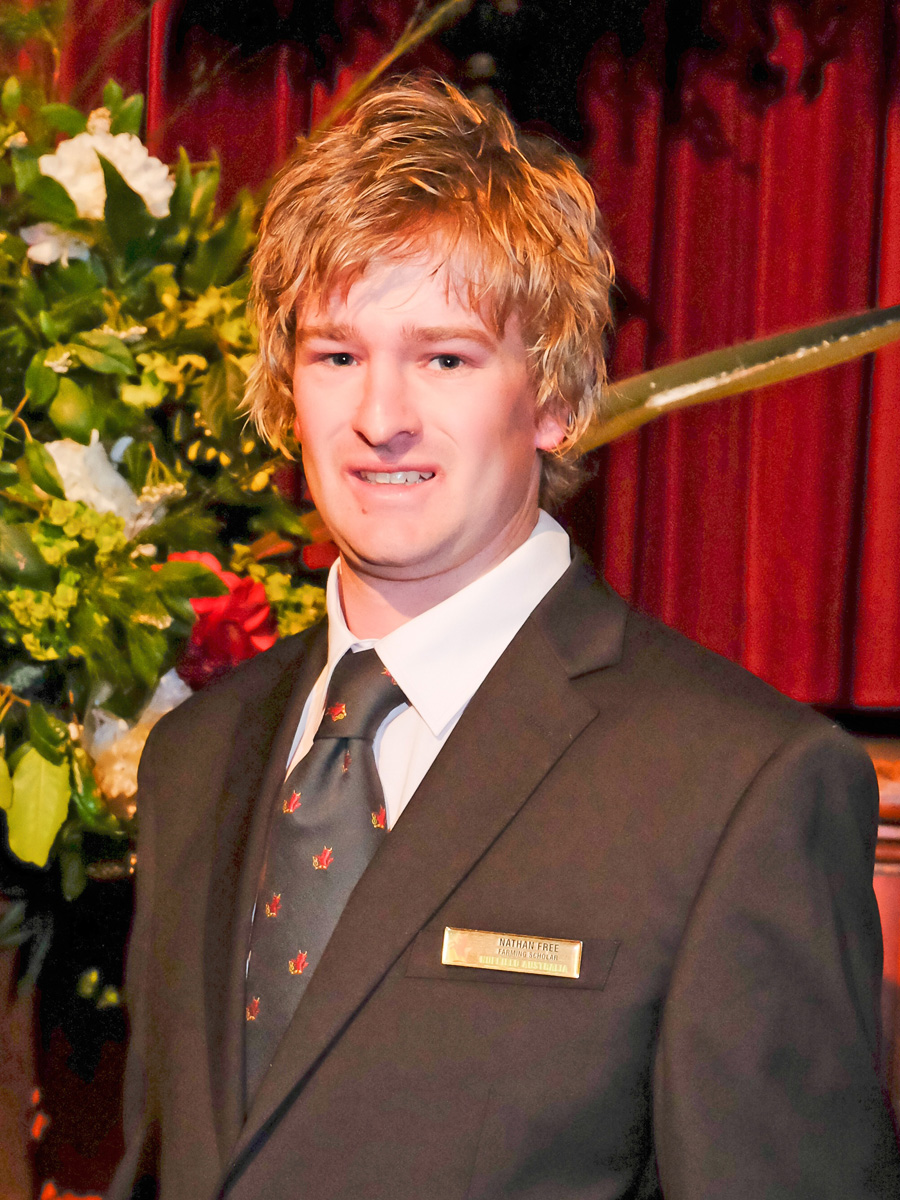
Nathan Free

Nuffield Australia 2015 Scholar
Closing the knowledge gap for Australia’s organic farm industry
After taking over the family’s organic stone fruit and vegetable farming business, Victorian grower Nathan Free decided to embark on a Nuffield Scholarship to help fill the production and knowledge gaps facing Australia’s organic farming industry.
“When our business went organic, we quickly discovered that knowledge about organic farming was hard to find or expensive. The availability and price of inputs required for basic plant nutrition and pest management were also a real challenge. True to this country’s history of innovation, the challenge pushed us into producing our own inputs like compost, and encouraged us to extend our networks across the supply chain so we could make it work. With this firsthand experience, together with a passion for learning about production and the biology of plants and soils, I decided to apply for a to propel our business forward and assist others seeking to undergo organic certification".
Keen to address the inconstancies in supply and challenges of a segmented industry here in Australia, Nathan visited operations in the USA, the Netherlands and France.
“When I first started this journey, I thought I would find a “silver bullet”, but from early on in my travels, I saw organic farmers experiencing similar challenges to what we face here in Australia. Instead, I found different approaches that can help our industry’s practices become more sustainable over time. It is not a one size fits all approach, but rather a combination of principles that can lead to better results year on year.”
The development of a basic crop rotation plan that combines business and personal goals, and financial stability and the development of healthy soils was a good start.
“Crop rotation is a core requirement for a certified organic business and great care is needed to ensure continued plant and soil health.
Nathan discovered that weeding equipment and traditional compost formulas aren’t likely to be so heavily relied upon in the future. There are also huge benefits in establishing a community of likeminded farmers to trial new ideas and technologies.
“Ensuring good soil health - physical, chemical and biological properties - is critical. If we can develop higher soil fertility and fewer ‘cash-type’ crops in rotation, weeding equipment won’t be relied on so heavily, or only required in emergency situations. Compared to countries like the Netherlands and the USA, Australia is quite inefficient in its gross revenue per hectare of production for organic areas, especially when you consider that we have more than 50 per cent of the world’s certified organic land mass.
“Looking ahead, we will need to investigate and evaluate new areas such as GPS guidance, crops tailored to consumer preferences and organic no till. Having a community of organic farmers to trial these new practices may also lower costs and provide better results in the long term. I strongly believe that organic farming has a vibrant future here in Australia, and with the right support and pursuit of best practice across the board, it is well on its way to becoming a mainstay of Australian horticulture".
Investor Information:
Hort Innovation and AusVeg
